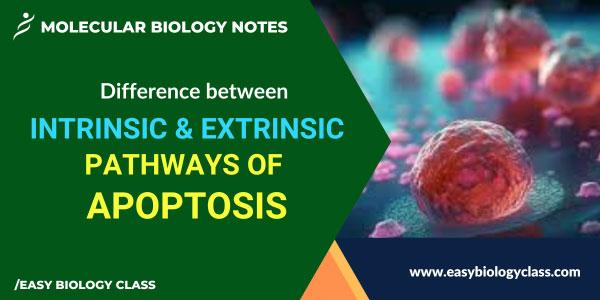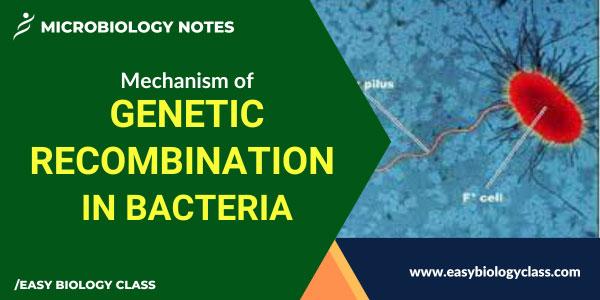Purine synthesis is a biochemical pathway that cells use to produce purine nucleotides, the building blocks of DNA and RNA. It involves a series of enzymatic reactions that convert precursor molecules into purines, such as adenine and guanine. This pathway is essential for the synthesis of genetic material and various […]
Continue ReadingTag Archives: Molecular Biology
Mobile Genetic Elements and Their Impact on Genome Evolution
Genetic diversity is the cornerstone of evolution, enabling species to adapt and thrive in changing environments. At the heart of this diversity lie Mobile Genetic Elements (MGEs), fascinating pieces of DNA that have the remarkable ability to traverse genomes. This essay dig into the intricacies of mobile genetic elements, exploring […]
Continue ReadingDifference between Intrinsic and Extrinsic Pathways of Apoptosis
The intrinsic and extrinsic pathways are two mechanisms of apoptosis or programmed cell death. This classification is based on the source of stimuli that induces the apoptotic cell death. Intrinsic Pathway: This pathway is initiated within the cell due to internal stress, such as DNA damage or cellular damage. It […]
Continue ReadingMechanisms of Genetic Recombination in Bacteria and its Significance
Genetic recombination is a fundamental process in the world of microbiology, playing a pivotal role in bacterial evolution and adaptation. Bacteria, despite their simple unicellular structure, possess remarkable genetic diversity and adaptability. This is primarily due to their ability to engage in genetic recombination. This process allows bacteria to acquire […]
Continue ReadingMCQ on Molecular Basis of Inheritance
The molecular basis of inheritance refers to the process by which genetic information is stored, replicated, and transmitted from one generation to the next through the structure and function of DNA and RNA molecules. This MCQ on Molecular Basis of Inheritance will help you to understand the concept clearly. Molecular […]
Continue Reading




